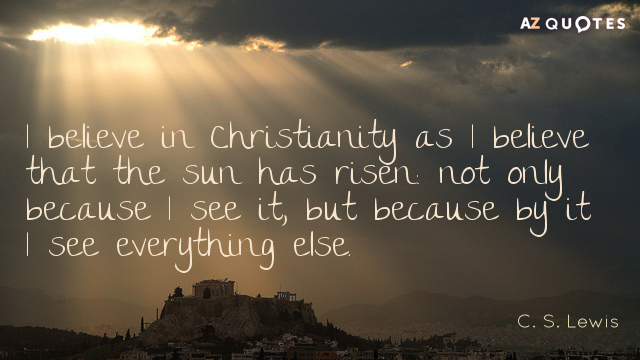
When I chose “Basic” as my one-word focus for 2021, I looked for the right book to accompany that focus. When I found John Stott’s 1958 classic entitled Basic Christianity, I thought it was a perfect fit, as Stott defends the fundamental claims of Christianity and defines the proper workings of those beliefs in the lives of believers.
John Stott served as Director of the London Institute for Contemporary Christianity and authored numerous booklets, devotional volumes, and books, including The Preacher’s Portrait; What Christ Thinks of the Church; Fundamentalism and Evangelism; Our Guilty Silence: The Church, The Gospel and the World; Between Two Worlds: The Art of Preaching in the Twentieth Century; and Men with a Message.
Rick Warren, author of The Purpose-Driven Life and founding pastor of Saddleback Church said, “There are a few landmark books that everyone in the world should read. This is one of the rare few. In the twenty-first century, you cannot afford to ignore this book! Whether you are a skeptic, raised in another faith, spiritual seeker or Christian believer, you need to know why 2.3 billion people call themselves ‘Christians.’ You need to know what they believe and why they believe it. This book is especially essential for leaders in business, government, academics, media, entertainment, journalism and other fields that work directly with people. To be able to have an intelligent conversation with one-third of our world’s population, you need to understand their worldview. This is the classic introduction to the faith that has transformed billions of lives.”
Click here for more from Stott on Basic Christianity

